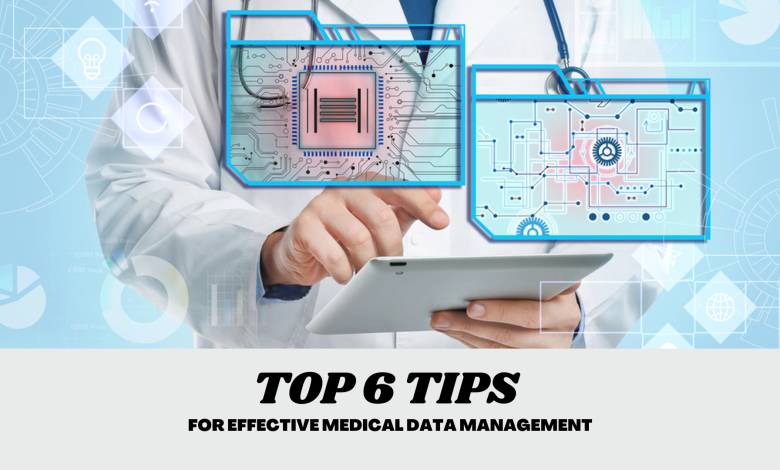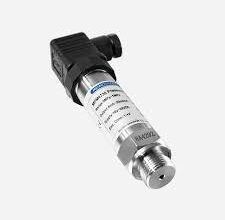
The healthcare industry needs to gather, share and analyze a humungous amount of clinical and administrative data on a daily basis. Dealing with data is one thing, but managing and extracting useful information out of it is where the challenge lies.
Healthcare centers and organizations have distinctive struggles when it comes to data management. The medical data has a high complexity level. It involves strict rules and regulations for data collection, data storage, data security, etc. Even the slightest mistake may expose the data to breach.
To make sure your data remains safe, you must have proper data management. But, before we go there, let’s quickly glance at how data management occurs in any organization.
A Brief Introduction To Organizational Data Management
Data Management
Data management is a process that involves significant steps like data governance collection, data entry, data enrichment services, and more. The primary aim of integrating this process is to improve the operational, clinical, and financial administration of the organization.
Data Governance
To manage data, the first step is to provide a proper outline, and set standards and policies for the medical data records. It helps you to streamline the process by giving you master data management.
For instance – The master data will act like a tree. Master data will only have single resources of data as branches. The branches are then further segregated into leaves having identity data and reference data.
Data Collection
In the healthcare sector, organizations gather data from multiple sources using different types of forms and a lot of paperwork. For Example – health surveys, patient intake forms, treatment evaluation reports, health assessment documents, etc.
Besides, it also helps in health records and information exchanges between healthcare organizations and departments. For instance, prescriptions, insurance claims, appointments, bills, etc.
Data Entry
After data collection, comes the medical records data entry process. Medical data entry is imperative to store valuable customer information for CRM, patient databases, health records, information exchange, and more. The process involves classifying data and carefully aggregating it into appropriate mediums. It ensures the data is securely stored and accessed for analytics.
Besides, hard copies of data restrict the prompt sharing of patients’ data to caregivers or other medical institutes. Medical data entry allows you to promptly access the available information, even if it is from external sources.
Data entry is a manual process. It leaves room for certain errors like typos, invalid entries, filling in the wrong information, etc. This is the reason why organizations prefer professional medical data entry services, over assigning a team for patient data entry.
Though data entry makes handling data more efficient and convenient, it is still not enough.
So, let’s go further to know some effective tips that will help you seamlessly manage your medical records data.
Top 6 Tips For Effective Medical Data Management
- Incorporate digital advancements in your data governance strategy. Digitization of healthcare data proves to be more convenient for both patients and healthcare providers. Implications of technology will result in prompt access to crucial information. This will lead to more efficient staff, more informed decisions, and better ways to offer care.
- Get assistance from data experts to have the most effective data governance for your healthcare center. It not only streamlines the management process but also resolves rigid data issues.
- Always ensure that the medical data you aggregate is updated, accurate, and compliant with health regulatory standards.
- Leverage online data collection forms. It boosts efficiency, saves time, and reduces manual data entry errors.
- Outsource medical data entry services to eliminate manual data entry errors that hamper the quality of data. Data experts ensure that you only have access to high-quality information assets.
- Ensure the security of your medical data by leveraging cloud computing for storing and sharing data. You will require exclusive health regulatory compliant cloud hosts in order to get the best solution for your medical data security.
Conclusion
Managing data is complex in the industry due to stringent regulations, rules, and laws. There are various tools available to manage medical data, decision support, and care coordination. Relying on it blindly may expose you to risks. Even for employing tools, you need to define the key metrics that you want to analyze. And, this will require additional efforts.
Though you can follow the tips to improve the data quality and manage it effectively, medical data management requires expertise. Even a slight mistake can be majorly risky. Thus, you can take assistance by outsourcing data entry services to experts who hold expertise in dealing with medical data, healthcare-specific security measures, regulations, and standards.




